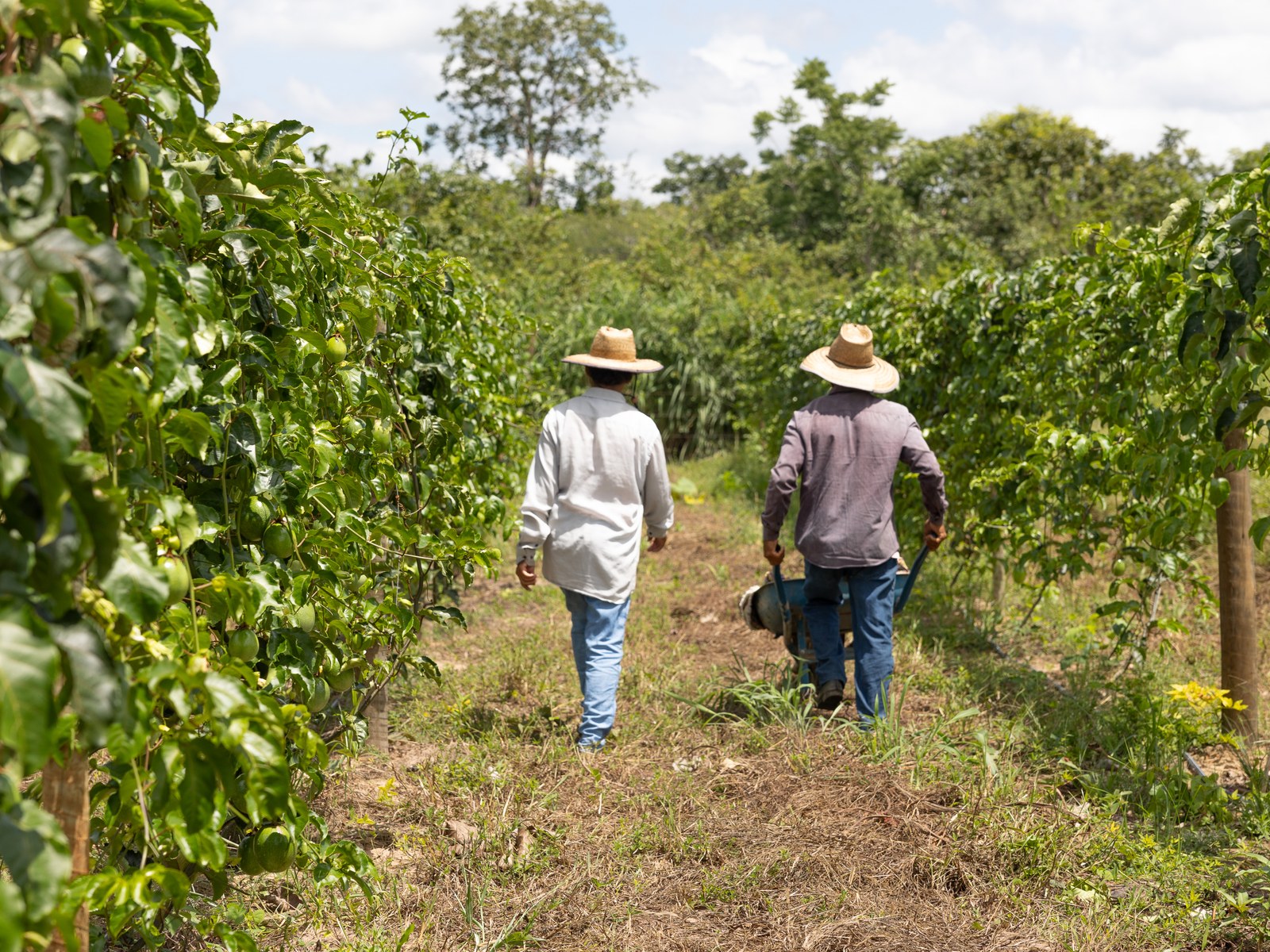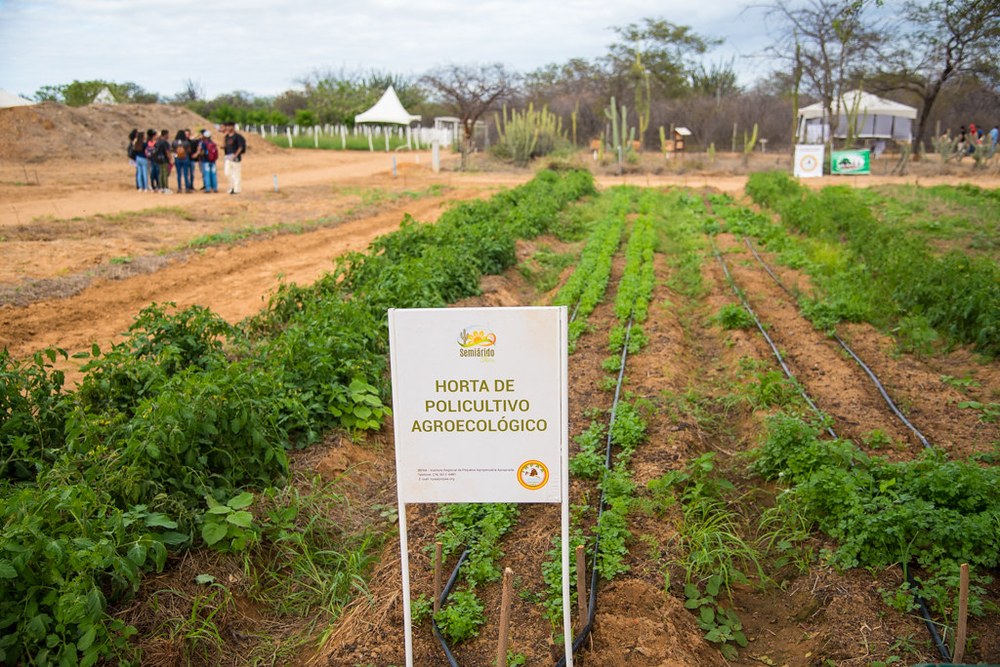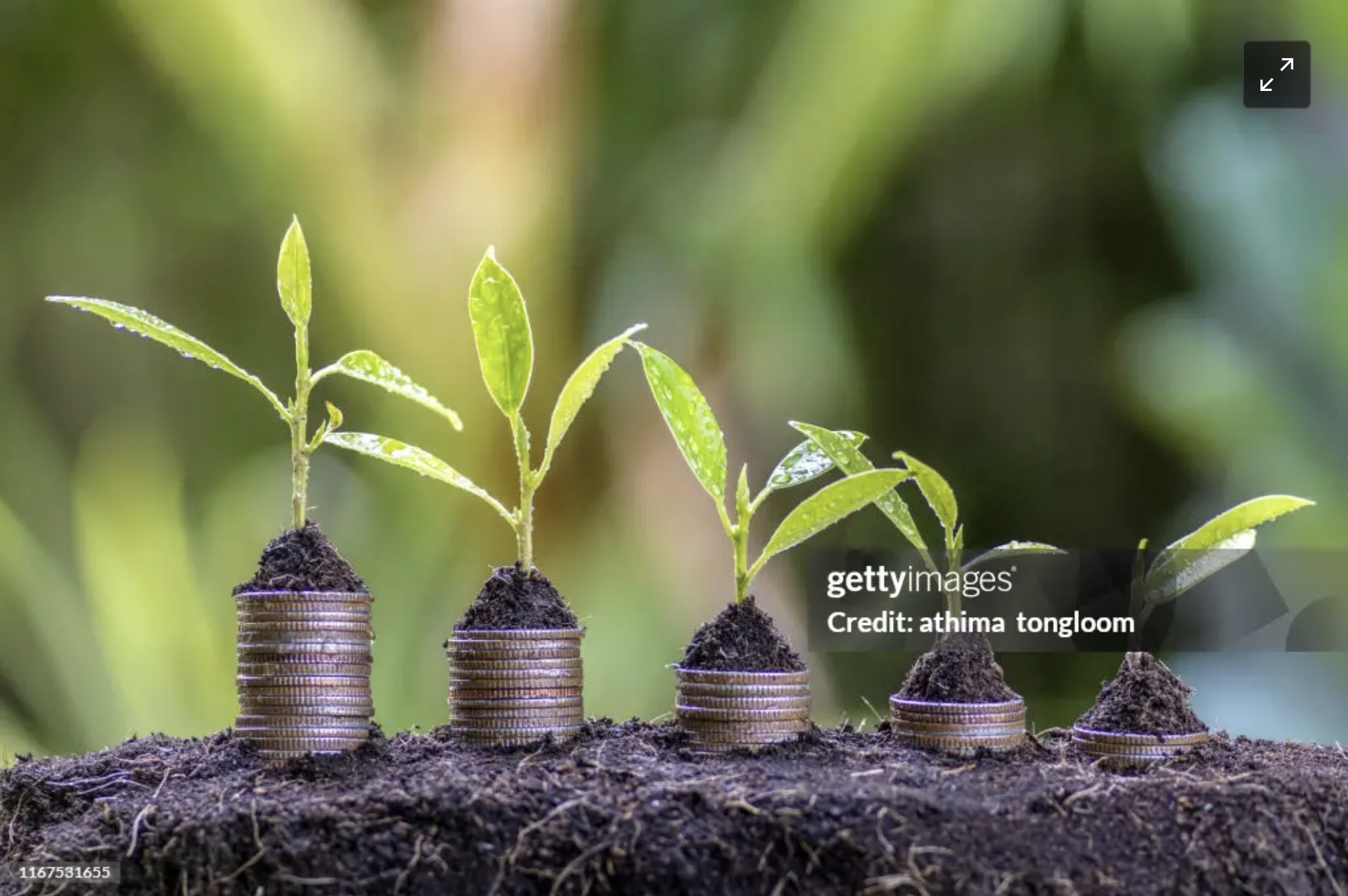Brazilian proposal moves forward by drawing up guidelines for a more rational economy, which takes into account the entire production process and its consequences for man and the environment

Brasil proposed some concepts for the G20 agenda that challenge the world's leading economies to reconsider their production methods. The depletion of Planet Earth is forcing humanity to change its economic relationships and the urgency of this debate prompted Brasil to propose the Bioeconomy Initiative. On Thursday (14) in Brasilia, following the first meeting of the Initiative, Ambassador André Corrêa do Lago, Secretary for Climate at the Brazilian Ministry of Foreign Affairs, announced that the Brazilian proposal had been well accepted.
The countries and international organizations that attended the two-day meeting formalized proposals on the subject and praised the Initiative, particularly Brasil's role in this scenario of global energy transition. "The debate continues, because many people want to take part. There are several dimensions of the Bioeconomy that are provoking interest during the G20 discussions under the Brazilian presidency," explained the ambassador.
"Brasil itself is reflecting on its Bioeconomy policy, together with countries that have already implemented this policy and others that are in the process of doing so".
"Brasil itself is reflecting on its Bioeconomy policy, together with countries that have already implemented this policy and others that are in the process of doing so". Carina believes that it is necessary to talk about bioeconomies, in the plural, "because it is a paradigm for sustainable development in general. There isn't one solution, one model or one sector that stands out in this discussion".

Valuing ancestral knowledge and technologies
Although it is not a multilaterally agreed concept, the Bioeconomy can be defined as a knowledge-based development model that includes new technologies as well as ancient technologies and traditional knowledge, such as the use and management of ecosystems and biodiversity species. It should be an instrument for promoting sustainability in all countries, regardless of the biodiversity present in their territories.
Márcia Barbosa, Secretary of Strategic Policies and Programs at the Ministry of Science, Technology and Innovation, recalled the importance of the group presenting a definition of what the Bioeconomy is. "If we don't come up with a closed definition, let's at least come up with a list of qualities that the Bioeconomy should have," she said. The concept, which should be presented to the G20 leaders at the Final Summit in November, will help other working groups to deal with the issue and guide their work.
The Bioeconomy Initiative brings together participants from the two tracks that make up the G20, Sherpas and Finance. Cristina Reis, Undersecretary for Sustainable Economic Development at the Ministry of Finance, recalled the importance of the economic and social aspects to ensure a balance between development and ecological transformation. "There was a consensus on the complexity of understanding bioeconomies and the need to develop appropriate financial instruments."
Pointing to Brasil's history of proposing a new model, Vicente Araújo, Itamaraty's Sustainable Development coordinator, said that the countries taking part in the meeting consider Brasil to be in a privileged position to address the issue. "Brasil is the actor that can spark a new conversation in the international arena. We are very optimistic about this initiative".
The Bioeconomy Initiative debates are organized around three main axes: the role of science, technology, research, innovation and traditional knowledge for the Bioeconomy; the sustainable use of biodiversity for the Bioeconomy; and the Bioeconomy as a promoter of sustainable development in its three dimensions - social, economic and environmental.
See also

Now at helm of the G20, Brazil launches its Global Bioeconomy Initiative
More infoaboutNow at helm of the G20, Brazil launches its Global Bioeconomy Initiative







